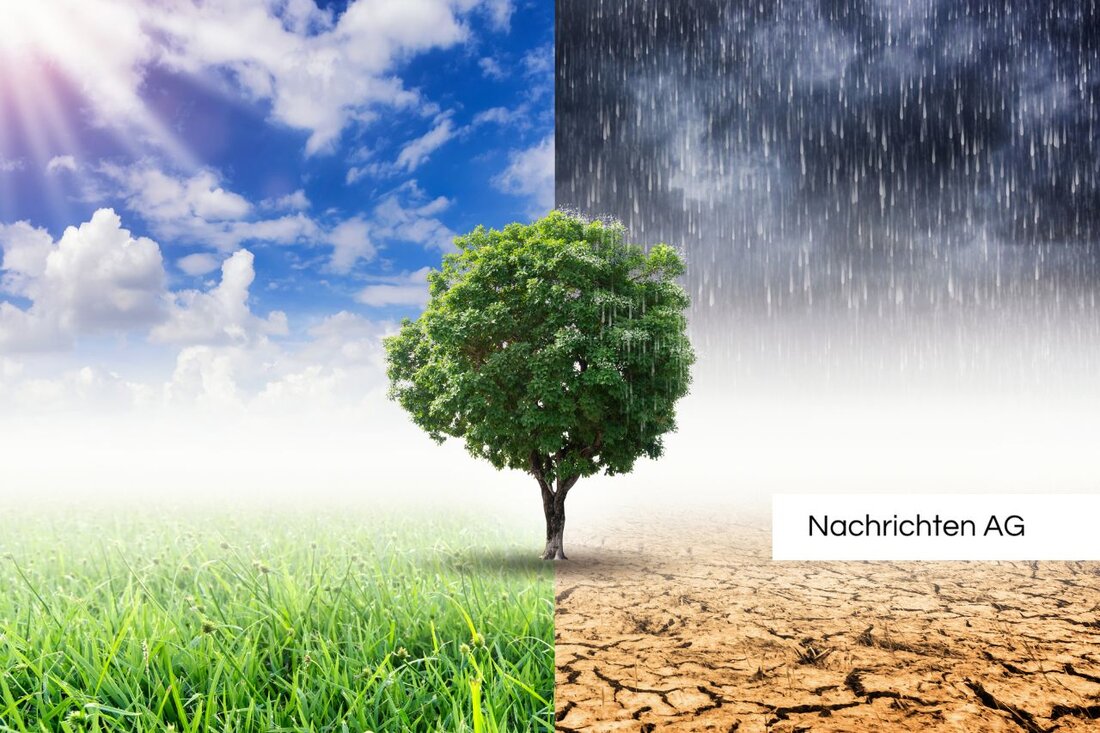Future of agriculture: Discover innovations for alternative proteins!
The SoeTRA research project at the University of Vechta starts on October 10, 2025 to support alternative proteins in agriculture.

Future of agriculture: Discover innovations for alternative proteins!
The SoeTRA research project (“Socio-economic transformation dynamics of farms when switching to alternative proteins”) will start at the University of Vechta on October 10, 2025. This interdisciplinary project is being carried out in collaboration with the Fliedner University of Applied Sciences Düsseldorf and the Catholic Rural People's Movement Germany (KLB). It aims to support agricultural businesses in reorienting their production, particularly in the cultivation of alternative proteins such as microalgae and legumes. The project is funded by the Federal Ministry of Agriculture, Food and Community (BMLEH) as part of the federal program “Proteins of the Future with Opportunity Program for Farms”.
The project is extremely relevant given the key challenges facing the agricultural sector, including climate change, extreme weather events and changes in soil quality. In addition, the change in eating habits—for example, the reduction in meat consumption and the trend toward vegan diets—requires strategic decisions from companies that traditionally rely on animal husbandry. The University of Vechta contributed the expertise of the VISTRA institute (VISTRA Vechta Institute of Sustainability Transformation in Rural Areas). Project leader Prof. Dr. Karl Martin Born emphasizes that the entire value chain must be considered to ensure a sustainable change.
Survey of perspectives and needs
A central component of the project is a broad survey of farmers, which is scheduled to begin in the fall. The survey design is developed by Prof. Dr. Christoph Schank and his team. The focus is on recording the perspectives and needs of the companies in order to develop tailor-made solutions. The KLB emphasizes the need to actively shape the framework conditions for agriculture in order to promote the acceptance and implementation of alternative protein sources.
In this context, alternative protein sources are becoming increasingly important. Insects in particular, which are traditionally used as food in many cultures, are characterized by their high protein digestibility. Their use could play an important role given the current challenges in global food security. Despite a favorable sustainability profile, insects are not very common in Western cultures. There are both microbial risks and possible allergic reactions to consider, which is why optimized production is essential to improve both environmental performance and profitability DGE reported.
Technological developments and challenges
Another innovative field is the production of in vitro meat, which is obtained from cell cultures. This technology has the potential to offer sustainable and animal-friendly alternatives to traditional meat. However, production is currently in its early stages and is cost-intensive, which is why further research and development work is necessary to realize mass production.
Additionally, precision fermentation plays an important role in cellular agriculture. This technology enables the targeted production of ingredients by programmed bacteria or yeast, which are used, for example, for cheese production or the production of animal-free milk proteins. Animal-free milk protein products are already on the market in the USA. Renowned companies such as Fonterra and Danone are already involved in this emerging sector DLG described in detail.
Overall, the SoeTRA research project offers agriculture a promising perspective for facing the challenges of the future and integrating alternative proteins as a central solution. The combination of scientific research, technological innovations and the shaping of framework conditions could lay the foundation for a sustainable agricultural economy.

 Suche
Suche
 Mein Konto
Mein Konto